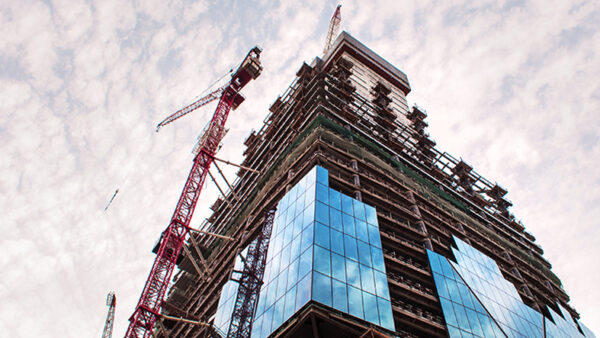In November the CIOB held a conference at the Queen Elizabeth II centre in London on Inspiring the Future of Construction. We heard many examples of people doing good things to try to encourage young people to have a positive attitude towards the industry.
So it was disappointing that less than two weeks later a Newsnight report alleged that a British contractor in Qatar had migrant workers on its contract being exploited and living in intolerable conditions. Not many young people watch Newsnight. But their parents do. Such a story does enormous damage to the image of the industry.
With work on the World Cup venues about to kick off in earnest in Brazil, there is scope for even more own goals. For a start, if contractors have no system to monitor the supply chain, they have no way to find out what is being done in their name, until another Guardian or Newsnight exposé.
Related articles
International firms work behind ’corporate veil’ in Qatar
Opening our eyes to supply chain ethics
Is it time you faced up to ethical sourcing?
Even if contractors have a monitoring system, the acid test is how they deal with the unscrupulous subcontractor without adding to the misery of what will already be a pretty miserable bunch of people. Sacking the subcontractor may be the most expedient and clinical way to solve the “apparent” problem.
This issue is not just confined to the contractors. The consultancies running the building programmes have an equal responsibility for the supply chains.
“With work on the World Cup venues about to kick off in Brazil, there is scope for even more own goals. If contractors have no system to monitor the supply chain, they have no way to find out what is being done in their name, until another Guardian or Newsnight exposé.”
An obvious solution would be an accreditation process that ensures workers are exploitation free. This would give boards some assurance that there are no nasty things going on in the supply chain that could embarrass them. Wringing their hands and blaming the subcontractor won’t wash any more.
Individual companies seem happy to risk their reputations being trashed but it’s the industry that pays the price. This is a job for the Construction Leadership Council. The industry’s image is at the heart of the 2025 industrial strategy as it is key to getting the right skills on board. So taking steps to ensure bad headlines don’t occur in the first place would seem to be a top priority.
For every negative Newsnight or Guardian article, we need a hundred good stories as a counterbalance.
We can always blame the media and say they should publish our success stories. But that’s not their job.
And besides, which is the most important story: engineering works on a project finishing on time or three workers dying every week as a result of neglect on construction projects?










